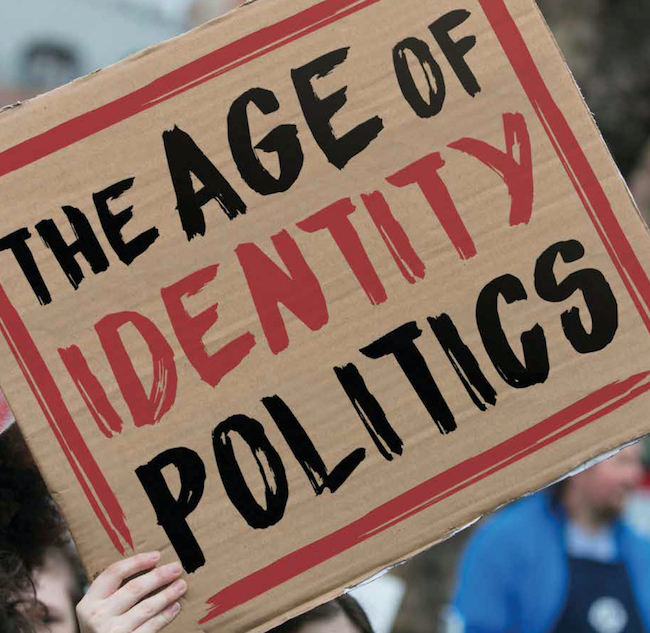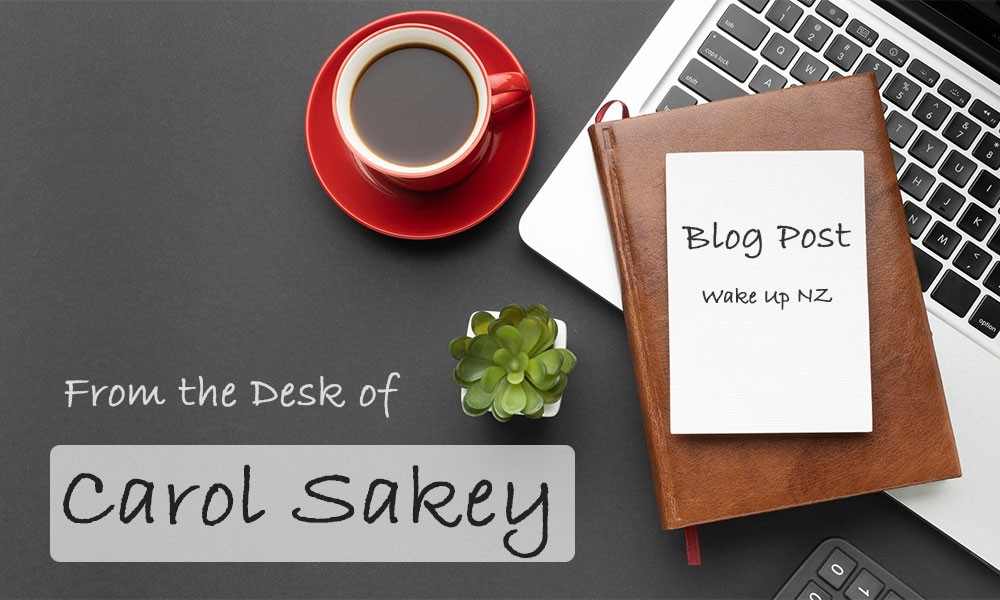
NEW ZEALAND – A CASHLESS SOCIETY
The idea of a cashless society is not a new one, and in some form or another, has been tossed around for decades. With the onslaught of COVID-19, concerns have been raised on whether handling cash can spread the virus. This has once more ramped up the discussion of America becoming a cashless society.
Essentially a cashless society means exactly that. No cash. Nothing. Zilch
Its a fact that a cashless society is is not perfect. Catastrophes, computer glitches or even human error can leave you without the ability to purchase necessities. The Balance points out that these same events make it impossible for merchants to accept payments as well.
A cashless society would leave people more susceptible to economic failure on an individual basis: if a hacker, bureaucratic error, or natural disaster shuts a consumer out of their account, the lack of a cash option would leave them few alternatives
What would happen to these individuals in a cashless society had no ability to open a bank account or had their bank account cancelled, it would become very difficult, if not impossible, for these individuals to purchase necessities.
Basically we are moving into a cashless Orwellian society, where they check everything. Check where you live, whom you visit and communicate with and how your mind works that makes you behave the way you do. Just another massive stepping stone to control populations.
Living in a cashless society also increases the risks of loss of security, privacy as people become even more reliant on technology and the information age. The information age of data modelling that produces so called evidence based results, it’s bad enough now but its going to get so much worse.
Other risks are, its takes a chunk out of small business profits, that’s if you are lucky enough to own a small business after Ardern’s government have finished stripping us all of our rights. Of course when you pay for products with a bank card then in tis digital world the information gained is huge, where you shop, what eat etc.
This new wonderful world of enlightenment and utopia is suppose to be so trusting NOT. A utopian cashless society is merely a mirage, another delusionary socialist, Marxist communist ploy.
Approximately 500 years ago Thomas More’s Utopia has influenced everything from the thinking of Gandhi to the tech giants of Silicon Valley,. More is best known for his invention of a word – and for his development of an idea that would be exported around the world. This concept would shape books, philosophies and political movements as varied as Daniel Defoe’s Robinson Crusoe, Mahatma Gandhi’s doctrine of passive resistance and the founding of the state of Pennsylvania. The idea, of course, was ‘utopia’.
More coined the word to describe an island community with an ideal mode of government. First published in Latin in 1517, the book Utopia means “no place” in Greek; Some coined the word utopia to describe an island community with an ideal mode of government
More’s Utopia was not the first literary work to play around with policy ideas: dreaming of a better life is an innate part of being human. Is vision was attractive to early socialists who saw this imaginary society as a blueprint for a socialist nation. These became known as the ‘utopian socialists’. Those who favoured an egalitarian distribution of goods, alongside the total abolition of money in order to achieve perfect social and financial equality.
Animal Farm by George Orwell brilliantly exposed the flaws in the communist view of society. The novel offers a view of human behaviour at odds with the philosophies and principles of a ‘perfect society’ as described in Utopia.
Many advocates of the ‘cashless society’ suggest it could offer a better and more-efficient world, but do they also fail to see how the behaviour of humans means the utopia of a cashless society is merely a mirage?
Utopia goes even further back in history to 380BC, when Plato wrote his dialogue, he described it as a communistic egalitarian city-state ruled by philosopher-kings called guardians, made up of both men and women. Instead of procreating within a family unit, these leaders leave the city once a year for a wild sex orgy. The resulting children, happily ignorant of their real parentage and brought up by the state, become the new generation of guardians.
For some people a cashless society may sound like science fiction, however its very real. Citibank and other financial institutions are already discussing, planning this.
The Computer Weekly News on 17/11/2016 reported, Citibank will no longer handle cash at its six branches in … which has been identified as potentially being the first cashless society, Today Citibank call this ‘banking for sustainable development’ (UN Agenda 2030)
The Reserve Bank of New Zealand documented a government paper entitled “Future of Money-Te Moni Anamata. Have your say (a what do you think article).
Below is part of the article a link is provided:-
The Reserve Bank is inviting your feedback on a series of issues papers to test our thinking about how we should approach our new role as steward of the cash system and make sure that central bank money continues to do its job in light of significant changes affecting how New Zealanders pay, receive and save money.
Future of Money – Stewardship (Te Moni Anamata – Kaitiakitanga) seeks your feedback on how we should steward of money and cash following a recent law change. • Future of Money – Central Bank Digital Currency ( Te Moni Anamata – Aparangi ā Te Pūtea Matua) wants your views on how we propose to explore whether a CBDC is right for Aotearoa.
You can both read and give your feedback online for these issues papers by 10am, Monday, 6 December 2021. • Future of Money – Cash System (Te Moni Anamata – Punaha) to publish in November 2021 will explain issues facing the cash system and explore options to achieve greater efficiency and resilience. Feedback will close in February 2022
The link is below and well worth a read.
https://www.rbnz.govt.nz/-/media/ReserveBank/Files/Notes%20and%20coins/Future-of-Money/Future-of-Money-issues-overview.pdf?revision=c7b72a5f-4924-43ef-bd5f-f109db8bfbf2&la=en.





Leave a Comment